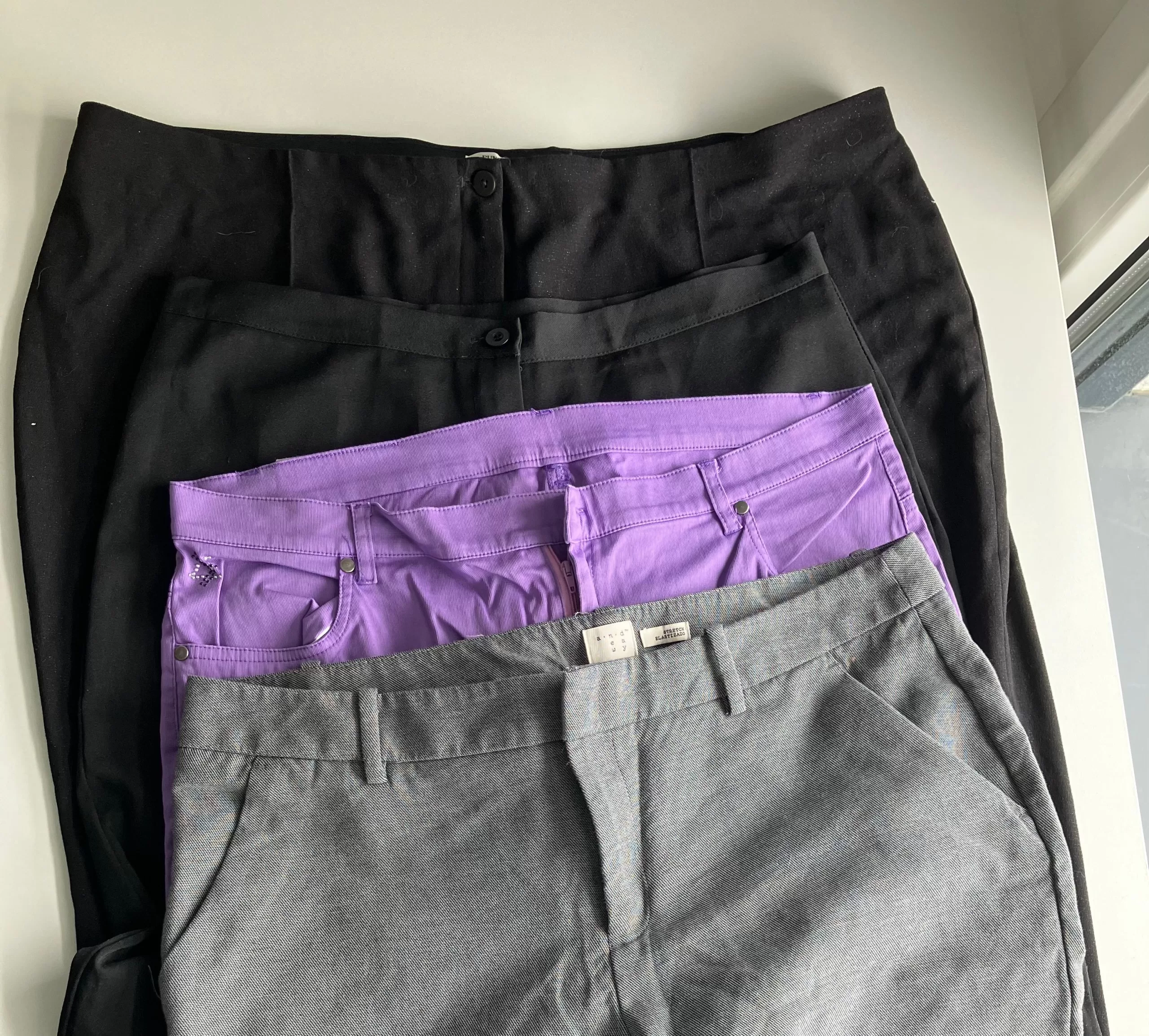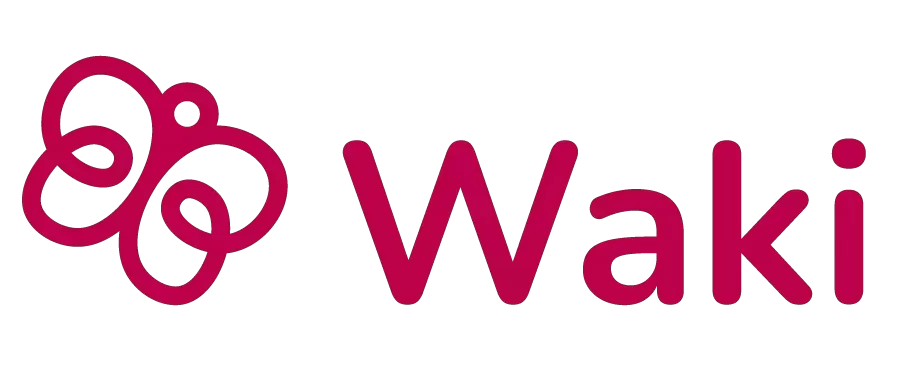Exchange and Discover
Join our Community
Give your clothes a second life with Waki— a sustainable fashion solution.
In an era where ultra-fast fashion brands like Shein release thousands of new styles daily at rock-bottom prices, our closets are overflowing while the planet pays the price. But what exactly is this cost, and how can we make better choices?
The Fashion Industry’s Staggering Impact
The fashion industry ranks as the second-largest industrial polluter globally, responsible for 10% of global pollution—surpassing even emissions from air travel. The numbers are alarming: 1.2 billion tonnes of carbon emissions are released by the fashion industry annually.
Our relationship with clothing has fundamentally changed. Between 2003 and 2018, clothing utilization decreased by 36%, with many young women considering garments “old” after just one or two wears. Meanwhile, fashion brands have escalated from releasing 2 collections yearly to as many as 24 collections per year!

Photo by Waki team
Fast Fashion’s Waste Crisis
Spain presents a particularly alarming case of fast fashion’s impact. Each person in Spain throws away an average of 20 kilos (44 pounds) of clothing every year – nearly three times the European average of just 7 kilos. This staggering difference highlights Spain’s urgent need for better waste management solutions. According to official data, just 12 percent of used clothing is collected separately in Spain, while a shocking 88 percent of unwanted garments end up directly in landfills.
This problem is especially relevant in Spain, which serves as home to some of the world’s largest fashion retailers. International fashion groups such as Inditex (Zara’s parent company), Mango, and Tendam have their headquarters and logistics facilities in the country, making fast-fashion brands dominant in the Spanish market. The Spanish market also has one of Europe’s lowest price indexes for clothing and footwear—8.6% cheaper than the EU27 average—which has contributed to a consumer culture focused on low prices.
Ultra-fast fashion companies like Shein have accelerated this crisis through their business models centered on high-volume, low-quality production and constant novelty. In 2012, Zara was able to design, produce and deliver a new garment in just two weeks. Newer industry players like Shein have shortened this cycle even further, with garments ready to be sold in as little as 10 days. This rapid turnover encourages disposable fashion habits that are devastating Spain’s environment.
The Case for Second-Hand Clothing
One of the most impactful changes we can make is extending the life cycle of our clothes. Research has shown that extending the lifecycle of an item of clothing by just 9 months can drastically reduce its carbon footprint.
This is particularly relevant for items like baby clothes, which are often worn only a handful of times before babies outgrow them. These nearly-new items represent both waste and opportunity—perfect candidates for second-hand circulation rather than disposal.
Waki: A Solution for Circular Fashion
This is where platforms like Waki come in. As an app dedicated to donations, upcycling, and swaps/batering, Waki offers a practical solution to the fast fashion problem. Through Waki, you can:
- Give your gently-used clothes a second life instead of sending them to landfill
- Find quality second-hand items without supporting environmentally harmful production
- Participate in clothing swaps and trades within your community
- Discover upcycling ideas to transform outdated pieces into something fresh
For items like baby clothes, toys, and other quickly outgrown necessities, Waki creates a perfect circular economy where these items can continue serving families rather than becoming waste.
Making Better Choices
What can we do to reduce fashion’s massive footprint? The key actions include buying less (research shows only 20% of clothes owned are worn regularly), choosing natural materials that last longer, properly caring for clothes (washing at 30 degrees reduces energy use and extends garment life), and researching brands before purchasing.
By choosing platforms like Waki, we actively reduce demand for new production while giving perfectly good items extended life. Every second-hand purchase represents resources saved and pollution prevented.
The fashion industry doesn’t have to be an environmental disaster. With mindful consumption and platforms like Waki facilitating the circular economy, we can dress well while doing good—one second-hand item at a time.
What do people think about the Waki App?
Thousands of users are already exchanging and sharing items in Madrid, significantly reducing waste. Be part of a community that shares it all.
Start donating and exchanging now!
